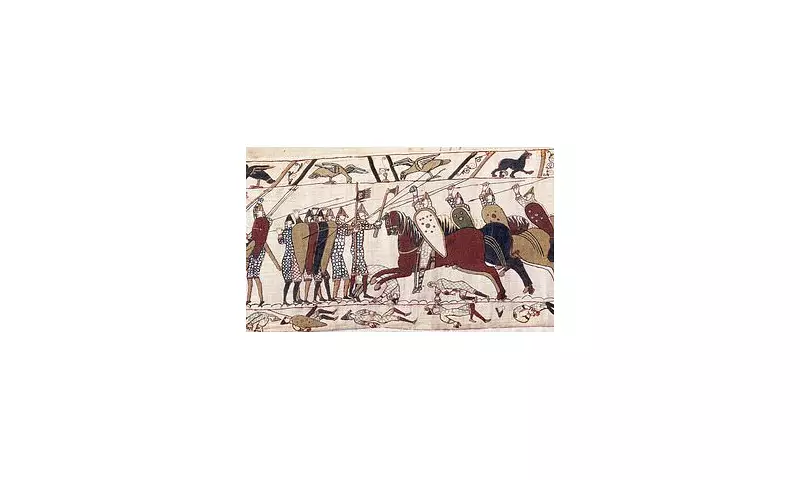
In a dramatic turn of events worthy of its own historical plot, the famed Bayeux Tapestry's clandestine journey to British shores has been abruptly scuppered. The 11th-century masterpiece, which depicts William the Conqueror's invasion of England, was poised for its first overseas exhibition in nearly a millennium.
French industrial action has thrown meticulously laid plans into disarray, preventing the fragile textile's carefully orchestrated move. Cultural officials had been preparing for a secretive overnight operation to transport the priceless artefact from its Normandy home.
Centuries in the Making
The proposed loan agreement between France and Britain marked an unprecedented cultural exchange. For years, historians and museum curators had negotiated the complex logistics of moving the 70-metre medieval embroidery, considered one of Europe's most important historical documents.
Preparations had reached an advanced stage, with temperature-controlled cases and specialised transport arranged to ensure the tapestry's safety during its Channel crossing. The operation was scheduled under cover of darkness to minimise security risks.
A Political and Cultural Setback
The cancellation represents more than just a logistical headache; it's a significant diplomatic disappointment. The exhibition was set to be a centrepiece of Franco-British cultural cooperation despite recent political tensions.
British museums had already prepared state-of-the-art conservation facilities to house the tapestry, with anticipated visitor numbers projected to break records. The exhibition was expected to generate substantial tourism revenue for whichever city hosted it.
While French authorities remain tight-lipped about rescheduling plans, cultural commentators suggest the setback might delay the tapestry's journey by several years. For now, this piece of history that so vividly portrays the last successful invasion of England remains firmly on French soil, its own invasion of Britain indefinitely postponed.





